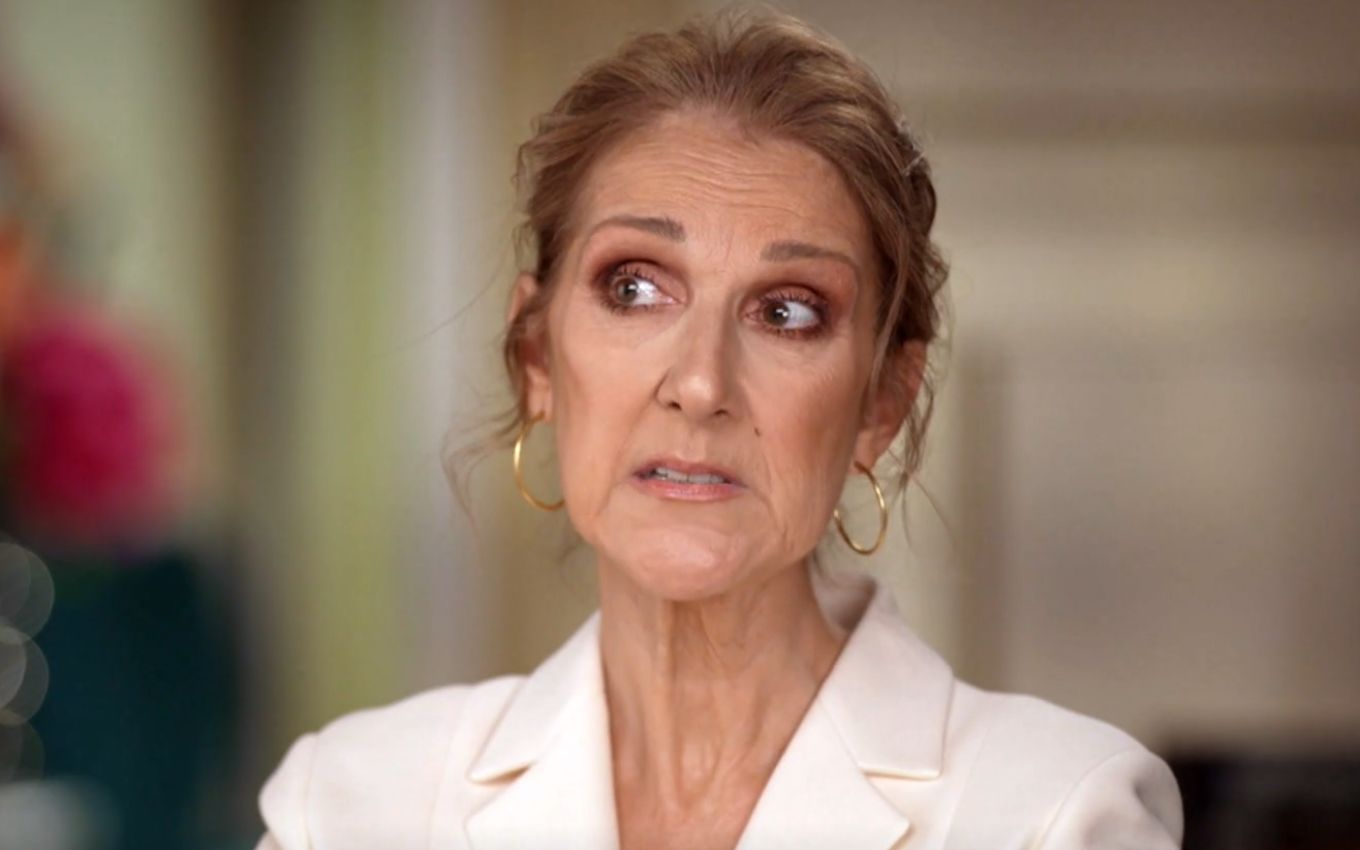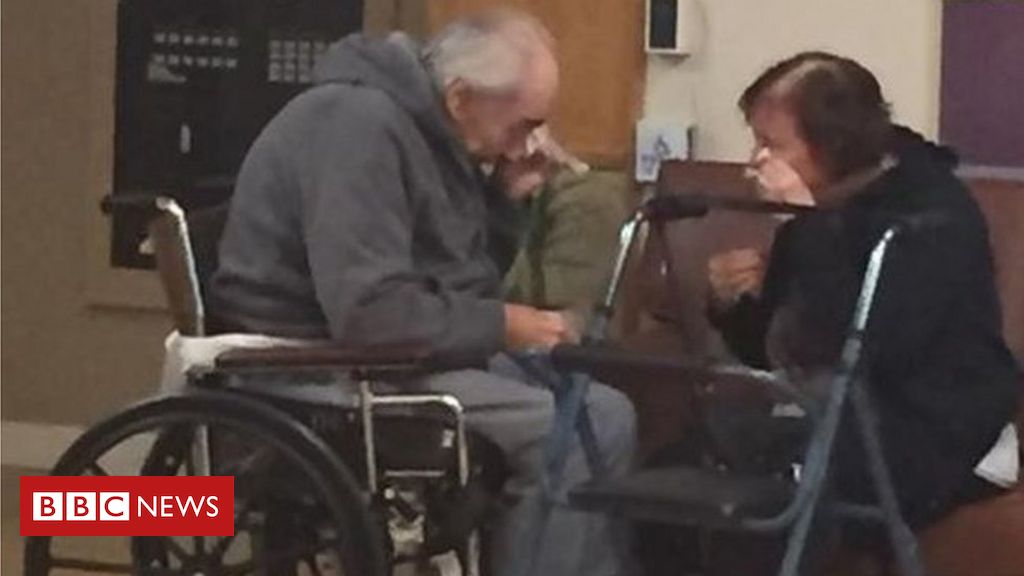The President of the Parliament of Canada, Anthony Rota, announced this Tuesday (09/26) his resignation from his post following the scandal of the invitation and tribute he paid to a former Ukrainian Nazi soldier of the Second World War, during an event in the House, in the presence of Prime Minister Justin Trudeau and Ukrainian President Volodymyr Zelensky.
“It is with great regret that I inform members [da casa legislativa] of my resignation as Speaker of the House of Commons”, declared the parliamentarian.
Before his resignation, Rota apologized on Sunday (09/24), saying that he was solely responsible for the tribute and that in light of the new information, he regretted his action.
Last Friday (09/22), 98-year-old Yaroslav Hunka, invited to the Canadian Chamber by Rota, received applause for his performance in the Ukrainian First Division, also known as the Galician Division, which collaborated with the SS , paramilitary. army of the Nazi party of Adolf Hitler (1889-1945).
Based in the Galicia region of Ukraine, the division was incorporated into the 14th SS Grenadier Division and organized exclusively to fight the Soviets.
Made up of volunteers, many were admirers of Stepan Bandera (1909–1959), a collaborator of the Ukrainian Nazis during World War II, or viewed the Nazis as useful allies in their attempt to gain autonomy from Moscow. This division has been accused of committing several war crimes.
“Creeping Russophobia”
Maria Zakharova, official representative of the Russian Foreign Ministry, commented on Rota’s resignation.
According to her, the head of the Legislative Assembly was “transformed into a scapegoat, leaving Trudeau and his associates, descendants of collaborators of the Ukrainian insurgent army, sheltered from the repercussions of this affair.”
Zakharova also questioned the lack of apology for the Nazi slogans used by Zelensky on this occasion.
In a Kremlin statement, Russia called the tribute to Hunka “the best way to characterize the regime of Prime Minister Justin Trudeau, who has embraced rampant Russophobia.”
“Ukrainian collaborators who served the Nazis escaped responsibility for the genocide in the occupied territories of the Soviet Union and in Europe and found refuge in Canada after the war,” the ministry said.
⚡️ The activities published in the 98-year-old Parliament of Canada are comics for Japan from the 14-grenadier division of Switzerland “Galitchine” for a little pleasure Дж.Трюдо.
Cinema is perfectly adapted to the needs of the nation.
🔗 https://t.co/r0z38GqmLX pic.twitter.com/nmBakUwaAL
– МИД России 🇷🇺 (@MID_RF) September 26, 2023
The text adds that “it is no coincidence that there are monuments to the leaders of Ukrainian nationalism in the country” and that the overwhelming majority of Nazis granted asylum, like Yaroslav Hunka, “live out their days safe, honored and cared for.” as fighters for Russian communism.
The document also recalls that what happened strained Ukraine’s relations with a major ally, Poland, and that “the ultraliberal ideology propagated in Canada has essentially the same roots as Nazism.”
“We hope that healthy forces within Canadian society will speak out against the Nazification of history and daily life, encouraged by the country’s authorities, as well as against rampant Russophobia,” the statement concludes.

“Typical thinker. Unapologetic alcoholaholic. Internet fanatic. Pop culture advocate. Tv junkie.”


:strip_icc()/i.s3.glbimg.com/v1/AUTH_da025474c0c44edd99332dddb09cabe8/internal_photos/bs/2023/D/n/i7eIkcQsAB0YgsWKDQMw/whatsapp-image-2023-03-08-at-10.48.49.jpeg)




:strip_icc()/i.s3.glbimg.com/v1/AUTH_63b422c2caee4269b8b34177e8876b93/internal_photos/bs/2021/T/V/IFkavRRSSjHCBPZfqVXw/ap21313490536644.jpg)